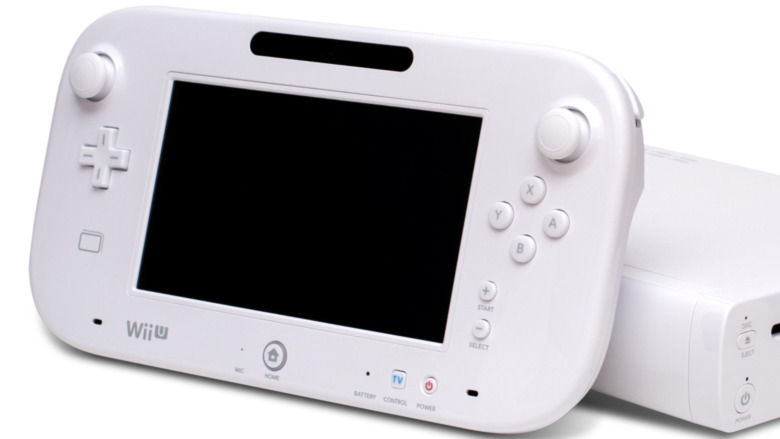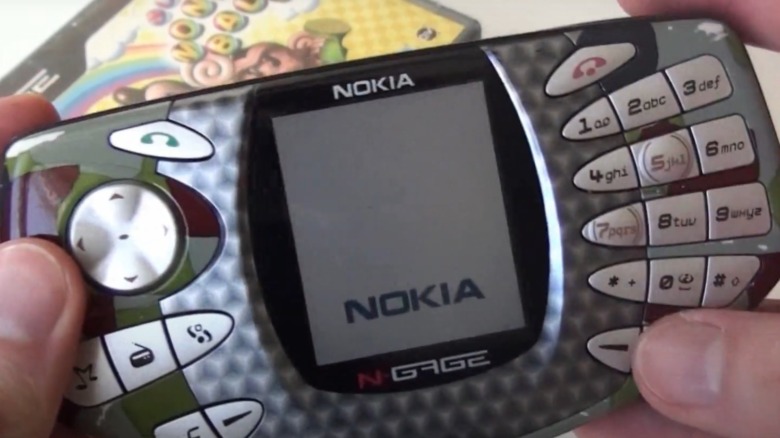31% Of People Agree This Game Console Shouldn't Exist
Throughout history, consumers have seen countless gaming systems hit the market. In fact, in 2020 alone, there was an overwhelming number of new consoles slated for release. After the first cartridge-based console launched, it was clear that video games were more than just a passing fad. Since then, many companies have attempted to secure a comfortable place in the market with new systems.
Some of those companies, like Nintendo, Sony, and Microsoft, have since become fixtures in the industry. Sega had a best-selling console at one point, but sadly could not keep up the momentum. Some were even less successful than that: the ill-conceived Philips CD-i was the most expensive video game console ever, and it certainly didn't earn the company a spot in the highly competitive market.
Indeed, there have been many failed consoles that most people have forgotten entirely, but is there a system gamers believe should have never existed in the first place? SVG sent out a poll to find an answer to this very question. With 516 respondents in the USA, this is what people had to say.
Consumers did not find the Nokia N-Gage engaging
While it may have seemed like a cool idea in its day, the Nokia N-Gage was a complete flop. In fact, more than 31% of gamers who voted in this survey thought that the failed handheld should never have been made at all. What's even more impressive is that it beat out the infamous Virtual Boy, which came in second place with 21.5% of the vote.
At the time, the N-Gage was a fairly revolutionary cell phone device that allowed gamers to play portable games. Naturally, the system was killed by smartphones, but it was an advanced piece of technology when it came out. By today's standards, however, it's easy to see why gamers aren't impressed.
Following the N-Gage and the Virtual Boy in the consoles-that-shouldn't-exist competition is a near-perfect tie between the Wii U and the Sega Dreamcast. These two ill-fated systems share the third-place slot with roughly 11% each.


